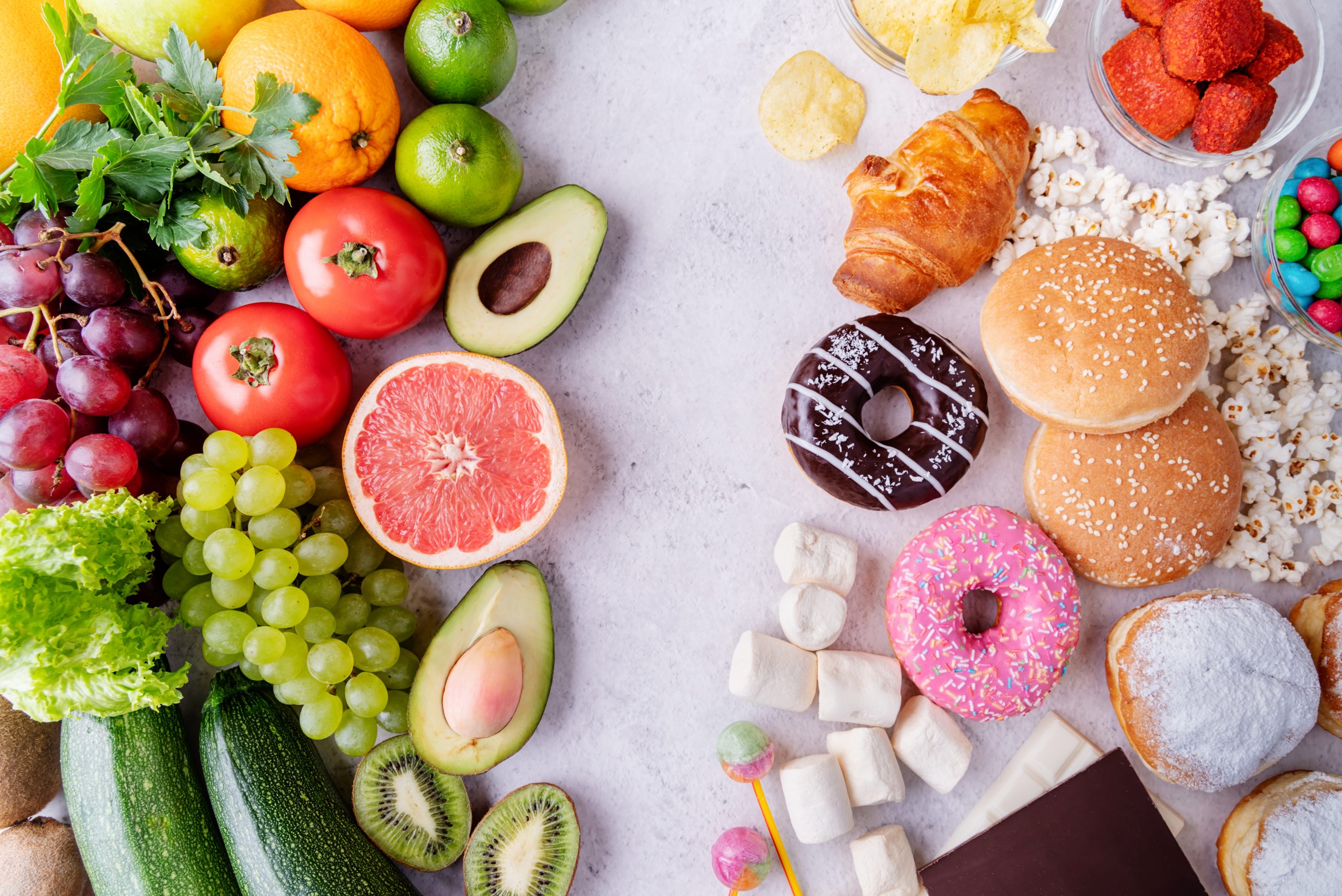Follow us on:

The Case of Sugar
Sugar has been having a bad rep for many decades, but how does sugar relate to cancer and how do we reduce the amount we consume?
Some may have the misconception that sugar will cause cancer and makes it spread faster, however, there is no scientific evidence to suggest that. In fact, every cell runs on glucose and even if we deprive our body from sugar, glucose can be converted from protein and fat. We cannot make the cancer cells shrink and disappear.
However, a diet high in sugar can increase your risk of type 2 diabetes and may lead to weight gain and obesity which is associated with 13 different types of cancers.
So how much sugar can we consume?
Health Promotion Board recommends no more than 8 – 10 teaspoons of added sugar per day or less than 10% of your daily energy intake. A further reduction to 5 teaspoons is encouraged by WHO for additional health benefits.
How can I reduce my sugar intake?
Tip 1: Opt for “unsweetened” or “no added sugar” options
- Order your coffee and tea unsweetened.
- Look out for hidden added sugars: high fructose corn syrup, agave, cane / raw / brown sugar, honey, maltose, and maple syrup. These sweeteners have about the same number of calories as white sugar.
Tip 2: Choose fruit
- If you are craving for something sweet, opt for a fresh fruit instead of that slice of cake. It contains a lot more nutrients and you can still curb that sweet craving.
- In baked goods: add a mashed banana, apple sauce, or dates to sweeten.
Tip 3: Consider Sugar Substitutes
- Stevia or Monk Fruit Sweeteners are natural and contains zero calories.
- Artificial sweeteners and sugar alcohols contain lesser calories than table sugar and are GRAS (generally regarded as safe)
https://www.healthhub.sg/live-healthy/2045/Cut-the-sweet-tallk-4-ways-to-slash-sugar-from-your-diet
https://www.healthhub.sg/live-healthy/1100/how-well-do-you-know-your-sugar
https://www.healthhub.sg/live-healthy/894/sugar-rush
